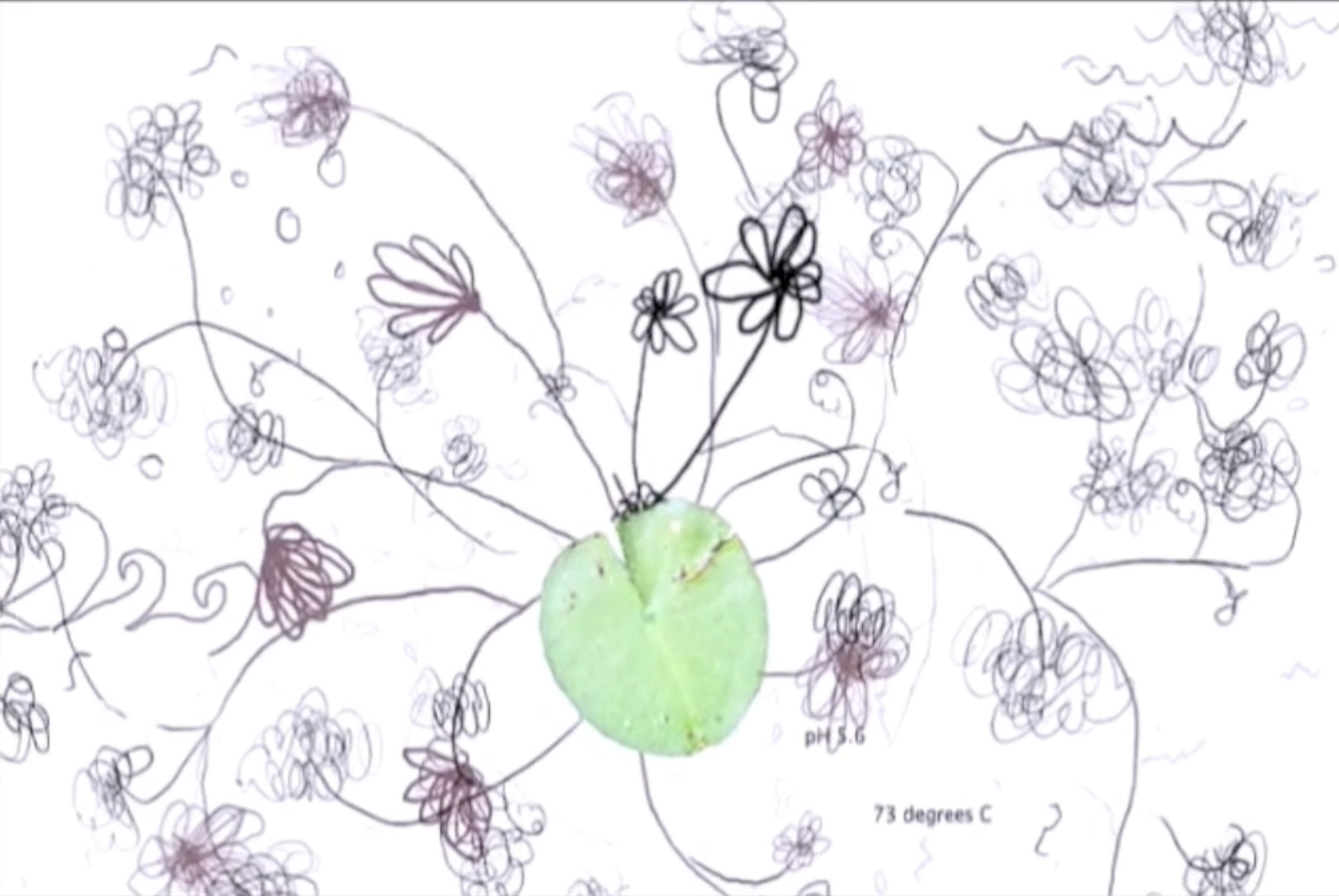SEE VIDEO DOCUMENTATION HERE:
https://vimeo.com/155249538
Lilipod is an interactive project by Kelly Andres (Canada) with collaborators: Saoirse Higgins, Max Kazemzadeh, Reza Safavi. Lilipods are tools for studying, implementing and monitoring DIY bioremediation efforts through community stewardship. The initial concept and prototypes developed during the Interactivos?’10 workshop illustrate the potential for the project to cultivate a series of interactive devices for citizens to explore the sciencie of habitat remediation through hands-on and technological means. The project merges electronic data collection and visualization, ecological research and community activism. The first part of the project at Interactivos?’10 consisted of fieldwork by locating, collecting and mapping sources of water. Samples were processed in the Medialab-Prado’s wetlab and were tested through a series of water quality indicators (pH, nitrate, BOD, dissolved, oxygen, coliform, phosphate). Secondly, we designed a backpack-lab (Lilipac) that contains equipment to perform site analysis (water quality, habitat) and navigation with GPS. After analysis is complete the Lilipod is placed at the site. This device is a floating, leaf shaped environmental monitor with custom sensors -our frist prototype measures pH, temperature and duration. Our intention was to design an easy to use/build device for monitoring bioremediation progress in situ that facilitates the transmission of custom sensor data to shore-bound individuals via Bluetooth. The third part of the project in development is an application for mobile devices (Processing) to communicate and visualize the data from the Lilipod. Lastly, we imagine a web platform that serves as a repository for each project; for mapping the sites of remediation that are in progress for data logs that are collected from the lilipod devices, and for sharing techniques/information on DIY bioremediation.

Leave a Reply